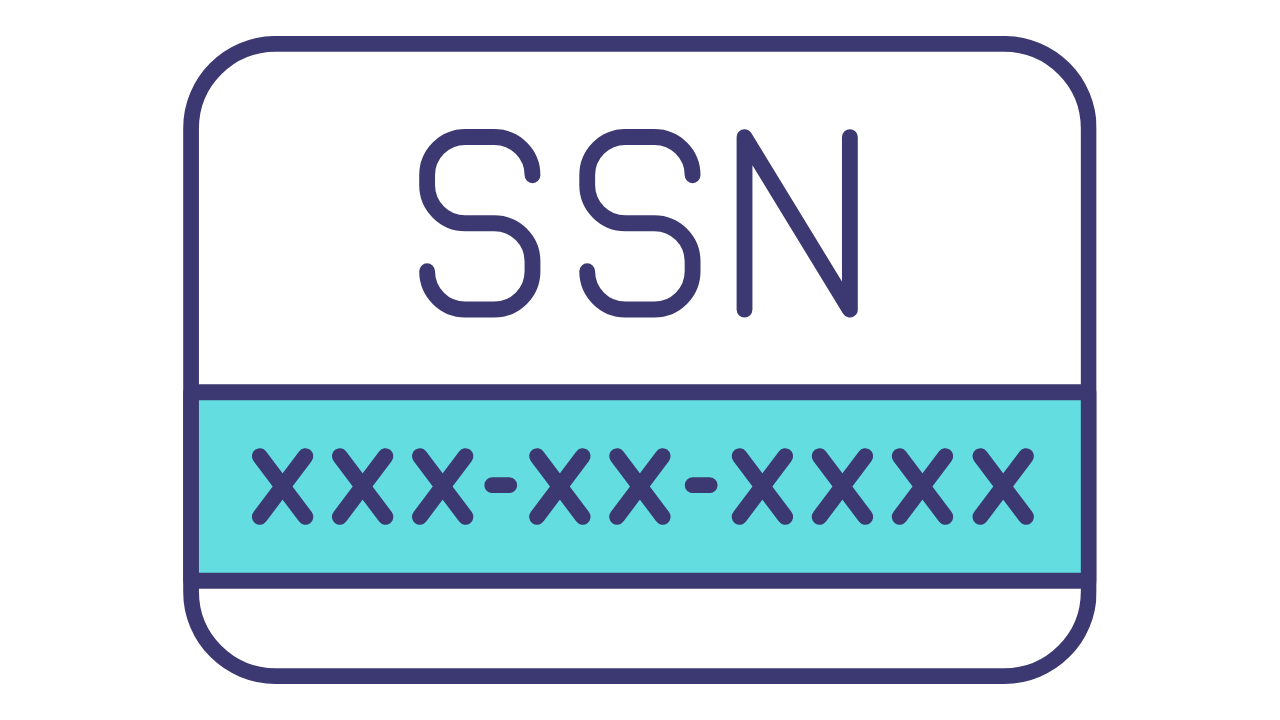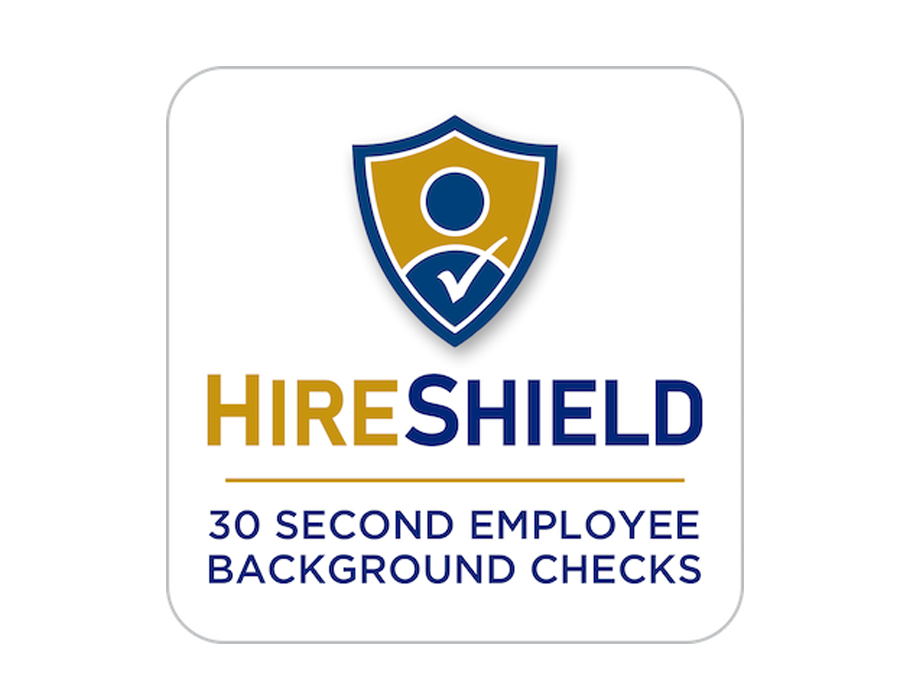The Fair Credit Reporting Act (FCRA) is a federal law that regulates how employers conduct background checks on their employees. The FCRA is designed to protect the rights of job candidates and employees. This is done by ensuring that employers follow specific guidelines when obtaining and using consumer reports for employment purposes. Failure to comply with FCRA regulations can result in legal action against employers, including fines and lawsuits. In this article, HireShield’s Head of Operations, Kumayl will breakdown the five common mistakes employers make when it comes to background checks.
Common Mistakes Employers Make in FCRA Compliance
Mistake #1: Failure to provide proper disclosure and authorization
One of the most common mistakes employers make in FCRA compliance is failing to provide proper disclosure and authorization before conducting a background check. The FCRA requires employers to provide job candidates and employees with a clear and conspicuous disclosure that a background check will be conducted. Additionally, employers must obtain written authorization from the job candidate or employee before obtaining a consumer report.
To avoid this mistake, employers should also obtain a signed authorization form from the job candidate or employee before conducting the background check. At HireShield, we’ve made this simple and have a ‘background check authorization form’ available on our website – just click on this link to download and customize with your firm name and candidate information.
Mistake #2: Inadequate or outdated background check policies
Another common mistake employers make in FCRA compliance is having inadequate or outdated background check policies. The FCRA requires employers to have a policy in place that outlines the procedures they will follow when conducting background checks. The policy should include the types of background checks that will be conducted for the different roles within the organization.
To avoid this mistake, employers should review their background check policies regularly and ensure that they are chosing the right background check package on HireShield.com. The four different packages are Bronze, Silver, Gold and Platinum. Depending on the role a candidate is being hired for, the correct background check package should be utilized to have a full scope so that the company’s criteria are being met. To read more about the different packages, read our blog on the coverage here or simply visit our Pricing page.
Mistake #3: Failure to conduct proper adverse action procedures
Employers also frequently make the mistake of failing to conduct proper adverse action procedures when using a consumer report to make an adverse employment decision. The FCRA requires employers to provide the job candidate or employee with a copy of the consumer report and a summary of their rights under the FCRA before taking adverse action based on the report. Adverse action includes denying employment, terminating employment, or taking any other adverse employment action against the job candidate or employee.
To avoid this mistake, employers should ensure that they follow the proper adverse action procedures outlined in the FCRA. Employers should provide the job candidate or employee with a copy of the consumer report and a summary of their FCRA rights before taking any adverse action based on the report. Employers should also give the job candidate or employee a reasonable amount of time to dispute the accuracy of the report before taking adverse action. The summary of FCRA rights can be found here.
Mistake #4: Neglecting to recheck employees over time
Employers often neglect to recheck employees over time, which can lead to missed criminal convictions or other relevant information. The FCRA does not require employers to recheck employees after they are hired, but it is a best practice to do so, especially for employees in sensitive positions.
To avoid this mistake, employers should consider implementing a periodic recheck policy for employees in sensitive positions. Employers should also review their state and local laws regarding rechecking employees to ensure that they are in compliance.
Mistake #5: Using social media as a sole source of background information
Finally, employers often make the mistake of using social media as the sole source of background information. While social media can be a useful tool for conducting background checks, it should not be the only source of information. Social media information is often unreliable and can be misleading.
To avoid this mistake, employers should use multiple sources of information when conducting background checks, including criminal records checks and reference checks. Employers should also ensure that they are using a reputable background check provider that complies with FCRA regulations.
How to Avoid These Mistakes and Stay Compliant
The best way to avoid these mistakes and stay compliant with FCRA regulations is to work with a reputable background check provider. A reputable provider will have a thorough understanding of the FCRA and will be able to ensure that employers are following all necessary guidelines when conducting background checks.
Employers should also train their HR staff to ensure that they are aware of the FCRA and know how to conduct background checks in compliance with the law. At HireShield, we offer demo trainings on how to run a background check on potential employees – simply reach out to our support@hireshield.com and we’ll set up a time to show you how HireShield turns around background checks instantly.
Conclusion and the Benefits of FCRA Compliance for Employers
In conclusion, FCRA compliance is essential for employers who conduct background checks on their job candidates and employees. Failure to comply with FCRA regulations can result in legal action against employers, including fines and lawsuits. By avoiding the common mistakes outlined and working with HireShield, employers can ensure that they are in compliance with the FCRA and are protecting the rights of job candidates and employees. Additionally, complying with the FCRA can help employers make better hiring decisions and reduce the risk of negligent hiring lawsuits.
Run a background check or bookmark this page to refer back to us when you need to make your next hire.




